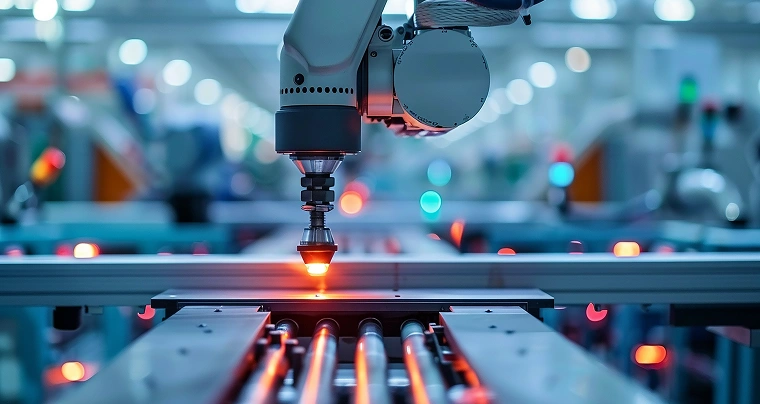

The project focused on optimizing an automated assembly line to enhance production efficiency, reduce manual intervention, and improve product consistency. The client’s existing setup faced issues with uneven cycle times and frequent downtime, limiting overall throughput. The objective was to integrate smart automation systems and process refinements to achieve higher productivity, accuracy, and flexibility in line operations.
The engineering team conducted a detailed process audit to identify bottlenecks and inefficiencies. Advanced robotics and PLC-controlled systems were introduced to synchronize operations and reduce idle time between assembly stages. Real-time data monitoring and predictive maintenance algorithms were implemented to ensure continuous workflow and minimize equipment failures. Line balancing and sensor-based inspection systems were integrated to maintain quality control throughout the process. Continuous testing and calibration helped fine-tune machine coordination for maximum uptime and performance consistency.
Technical Specifications:
The optimized assembly line significantly improved production efficiency and reduced operational downtime. Output consistency increased while energy consumption and labor dependency were minimized. Real-time performance tracking enabled faster issue resolution and proactive maintenance scheduling. The overall system upgrade led to a measurable rise in product quality and a stronger return on investment for the client, setting a new standard for automated manufacturing efficiency.